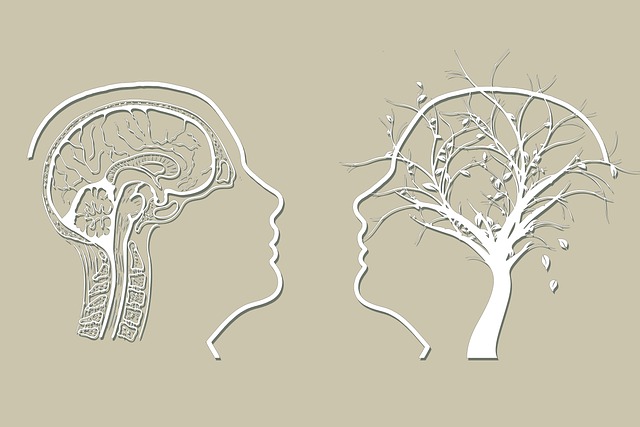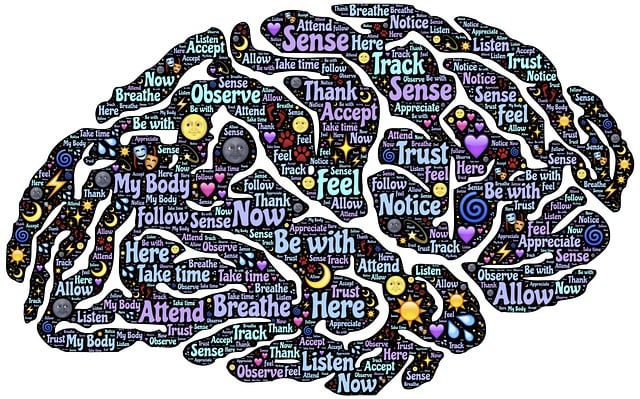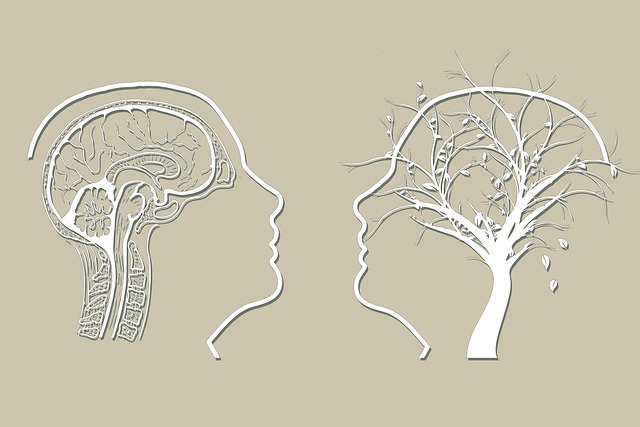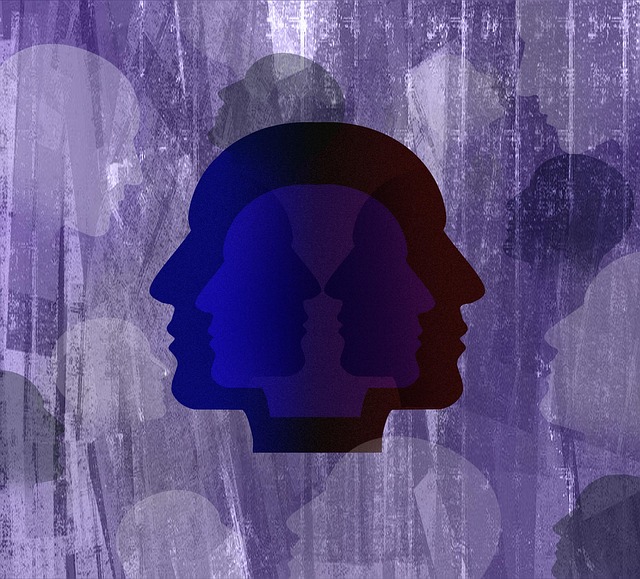The text highlights the detrimental impact of mental illness stigma on adolescents, affecting their access to support and treatment during a critical period of development. Englewood Adolescent and Teen Therapy (EATT) takes a multifaceted approach to combat this issue. Through community outreach, interactive workshops, and educational initiatives in schools, EATT raises awareness, fosters acceptance, and encourages open conversations about mental health. Their programs focus on depression and burnout prevention, early intervention, peer support groups, and media representation, aiming to reduce stigma and empower teens to seek help without judgment, ultimately improving their academic performance, social dynamics, and overall well-being.
Mental illness stigma significantly hinders young people’s access to support. This article explores targeted initiatives aimed at reducing this barrier, focusing on Englewood Adolescent & Teen Therapy’s unique approach. We delve into the powerful impacts of community outreach, educational programs, peer support groups, and media representation. By understanding the roots of stigma and its devastating effects, we can foster a more inclusive environment where youth feel empowered to seek help without fear of judgment.
- Understanding Stigma and its Impact on Youth Mental Health
- The Role of Community Outreach in Englewood Adolescent Therapy
- Educational Initiatives: Breaking Down Barriers at Schools
- Peer Support Groups: Empowering Young Minds
- Media Representation and its Influence on Stigma Reduction
Understanding Stigma and its Impact on Youth Mental Health

Stigma surrounding mental illness can have a profound impact on youth, often leading to delayed access to much-needed support and treatment. This is particularly concerning given that adolescence is a critical period for brain development and emotional growth. When left unaddressed, mental health issues can escalate, affecting academic performance, social interactions, and overall well-being. The consequences are far-reaching, with potential long-term effects on future relationships and career choices.
At Englewood Adolescent and Teen Therapy, we recognize that understanding stigma is a crucial first step towards reduction. By raising awareness about the diverse nature of mental health experiences, we aim to foster an environment of acceptance and support. Encouraging open conversations about stress reduction methods and emotional healing processes, we help young individuals navigate their mental health journeys with cultural sensitivity in mental healthcare practice. This approach empowers teens to seek assistance without fear of judgment, promoting positive outcomes and fostering resilience.
The Role of Community Outreach in Englewood Adolescent Therapy

Englewood Adolescent and Teen Therapy has recognized the power of community outreach as a vital tool in their stigma reduction efforts. By actively engaging with local schools, community centers, and faith-based organizations, they aim to foster an environment of understanding and support for mental health issues among teens and young adults. Through interactive workshops, presentations, and group discussions, therapists employ Empathy Building Strategies that encourage open conversations about mental illness, challenging stereotypes and promoting compassion.
This proactive approach extends beyond individual therapy sessions, aiming to implement Depression Prevention and Burnout Prevention initiatives within the community. By educating peers, teachers, and caregivers on recognizing signs of distress, Englewood Adolescent Therapy seeks to create an early intervention system that can significantly impact young people’s lives. This holistic strategy not only reduces stigma but also equips individuals with coping mechanisms, ensuring a healthier and more supportive network for vulnerable adolescents.
Educational Initiatives: Breaking Down Barriers at Schools

Educational initiatives play a pivotal role in stigma reduction efforts, and schools serve as ideal ground to cultivate mental health literacy among young minds. Programs like those offered by Englewood Adolescent and Teen Therapy (EATT) focus on integrating mental health awareness into academic settings. Through interactive workshops and discussions, students gain a deeper understanding of various mental illnesses, challenging stereotypes and misconceptions. This approach empowers them to recognize signs of distress in themselves and peers, fostering an environment of empathy and support rather than fear or judgment.
Furthermore, these initiatives often incorporate self-care routine development for better mental health and self-esteem improvement strategies into the curriculum. By teaching teens how to manage stress, regulate emotions, and maintain a healthy balance, schools become catalysts for positive change. This not only enhances academic performance but also equips students with invaluable tools to navigate their emotional well-being throughout their lives, breaking down barriers associated with mental illness one step at a time.
Peer Support Groups: Empowering Young Minds

Peer Support Groups play a pivotal role in empowering young minds grappling with mental illness by offering a safe and non-judgmental space. At Englewood Adolescent and Teen Therapy, we understand the transformative power of community. Our peer support groups facilitate open dialogue, foster understanding, and encourage resilience among peers facing similar challenges. Members learn they are not alone, gaining invaluable inner strength development through shared experiences and coping strategies.
These groups go beyond mere conversation; they provide a structured framework for implementing effective burnout prevention strategies for healthcare providers, often overlooked in intense treatment settings. Through social skills training, participants develop communication tools that enhance their relationships and navigate social interactions more effectively. By empowering young individuals with both emotional support and practical coping mechanisms, these peer-led initiatives contribute to a holistic approach to mental health care.
Media Representation and its Influence on Stigma Reduction

Media representation plays a pivotal role in shaping public perception about mental illness and, consequently, impacting stigma reduction efforts. The way mental health is portrayed in movies, television shows, and news media can either perpetuate stereotypes or challenge them, influencing how society views those struggling with mental wellness. Positive representations, such as the work done by organizations like Englewood Adolescent and Teen Therapy, that highlight recovery stories and promote understanding, are essential tools in reducing stigma. These narratives encourage empathy and foster a sense of community support for individuals facing mental health challenges.
In contrast, negative or inaccurate media portrayals can exacerbate existing stigmas and create barriers to seeking treatment. Community outreach programs aimed at education and crisis intervention guidance must address these misconceptions by leveraging media influence. By actively engaging with the media and advocating for accurate representation, initiatives like those offered by Englewood Adolescent and Teen Therapy can help create a more supportive environment where individuals feel comfortable discussing their mental health journey without fear of judgment or discrimination.
Mental illness stigma reduction is a multifaceted approach, as evidenced by the various strategies discussed. From community outreach in Englewood Adolescent and Teen Therapy to educational initiatives and peer support groups, each plays a crucial role in fostering understanding and empathy. Media representation also holds significant power in shaping perceptions. By combining these efforts, we can create a more inclusive society that supports youth mental health without stigma, ultimately enhancing the well-being of our communities.














